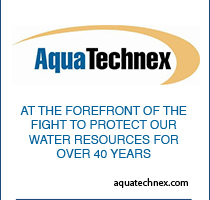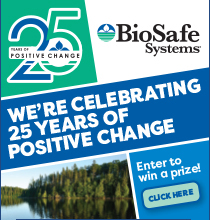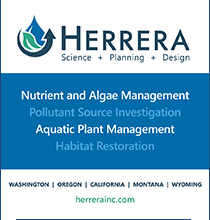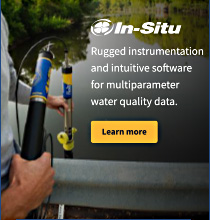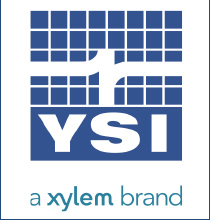by Lara Jansen, Oregon Lakes Association
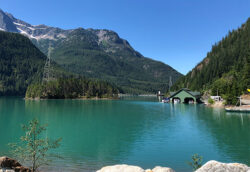 On April 8th, the Oregon Lakes Association (OLA) and the Washington Lake Protection Association (WALPA), in partnership with Portland State University, hosted a virtual panel on “Careers in Freshwater.” The session, organized and moderated by OLA’s student director Lara Jansen, focused on the wide range of work being done in freshwater science and management in the Pacific Northwest.
On April 8th, the Oregon Lakes Association (OLA) and the Washington Lake Protection Association (WALPA), in partnership with Portland State University, hosted a virtual panel on “Careers in Freshwater.” The session, organized and moderated by OLA’s student director Lara Jansen, focused on the wide range of work being done in freshwater science and management in the Pacific Northwest.
Six panelists participated: Wafa Tafesh, a water quality planner for King County’s Water and Land Resources Division; Toni Pennington, an aquatic biologist for Environmental Science Associates; Angela Strecker, an associate professor and director of the Institute for Watershed Studies at Western Washington University; Zach Penney, the fishery science department manager for the Columbia River Inter-Tribal Fish Commission; Lisa Brown, an attorney for WaterWatch; and Jennifer O’Reilly, a fish and wildlife biologist at the U.S. Fish and Wildlife Service.
Careers in Freshwater began with the announcement that Jamila Baig, a PhD candidate at University of Oregon, had won the OLA’s Scholarship Award for 2021. Next, each panelist was introduced and then general questions were posed to all panelists, such as what key experiences helped them in their field.
Wafa Tafesh and other panelists encouraged students to seek work in multiple sectors (NGOs, private companies, government) as doing so illuminates the perspectives of different stakeholders, which is helpful as all sectors work together to some degree. While multiple panelists highlighted writing and analytical skills as most important in freshwater science jobs today, Zach Penney and Jennifer O’Reilly noted that good interpersonal skills are also critical for agency jobs. One participant asked about opportunities for team-based work in the field. In response, Angela Strecker recommended an academic setting to seek early-career workshops to develop collaborations, while Toni Pennington and Lisa Brown described how consultants and NGOs often work in partnership with agencies and other organizations. For the last part of the discussion, each panelist led a breakout session where students could ask questions specific to that person’s background.
About 30 students participated in the virtual panel — from Oregon, Washington, and Idaho. Participants included undergraduates to postdoctoral students. For those interested who could not attend, a video recording of the event is currently posted on the OLA website: https://www.oregonlakes.org/Careers_in_Freshwater_Panel. OLA and WALPA hope to host another career panel in the near future.


